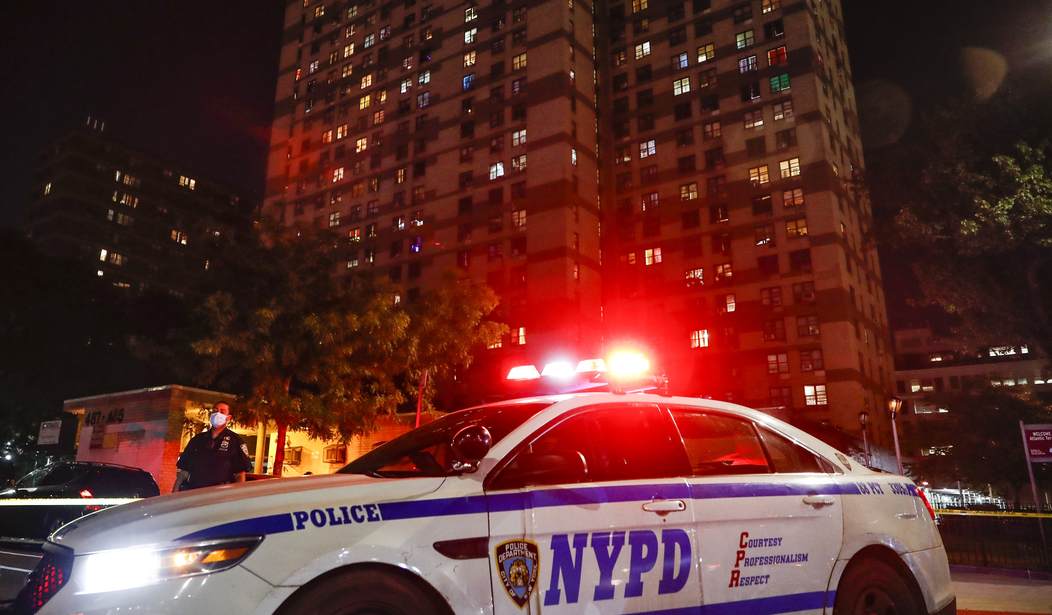 Dick Cheney's lawyers are asserting that the vice president alone has the authority to determine which records, if any, from his tenure will be handed over to the National Archives when he leaves office in January.
Dick Cheney's lawyers are asserting that the vice president alone has the authority to determine which records, if any, from his tenure will be handed over to the National Archives when he leaves office in January.
That claim is in federal court documents asking that a lawsuit over the records be dismissed. Cheney leaves office Jan. 20, potentially taking with him millions of records that might otherwise become public record.
"The vice president alone may determine what constitutes vice presidential records or personal records, how his records will be created, maintained, managed and disposed, and are all actions that are committed to his discretion by law," according to a court filing by Cheney's office with the U.S. District Court on Dec. 8.
Cheney is being sued by Citizens for Responsibility and Ethics in Washington, a government watchdog group that is trying to ensure that no presidential records are destroyed or handled in a way that makes them unavailable to the public.
The 1978 Presidential Records Act requires all presidential and vice presidential records to be transferred to the National Archives immediately upon the end of the president's last term of office and gives the archivist responsibility to preserve and control access to presidential records. The law ended the tradition of private ownership of presidential papers, opening White House records to the public and historians.
But the law carves out exceptions for personal or purely partisan records.
National Archives officials have said records of Cheney's dealings with the Republican National Committee would not require preservation under the law. As of November, it had not made a final determination on the status of Cheney's records produced when he acts as president of the Senate, which he says are exempt.
But the law is unclear on how disagreements will be decided about the preservation of disputed records, said Steven Aftergood, a government secrecy expert at the Federation of American Scientists.
"Decisions that are made in the next couple of weeks may prove irrevocable. If records are held from the archivist now they may never be recovered," Aftergood said.
A judge in September ordered Cheney to preserve all his records while the suit continued.





 Four people were arraigned on Saturday in New Jersey for allegedly posing as immigration attorneys and...
Four people were arraigned on Saturday in New Jersey for allegedly posing as immigration attorneys and... President Donald Trump kicked reporters out of a breakfast meeting Feb. 20 with governors so the...
President Donald Trump kicked reporters out of a breakfast meeting Feb. 20 with governors so the...






























